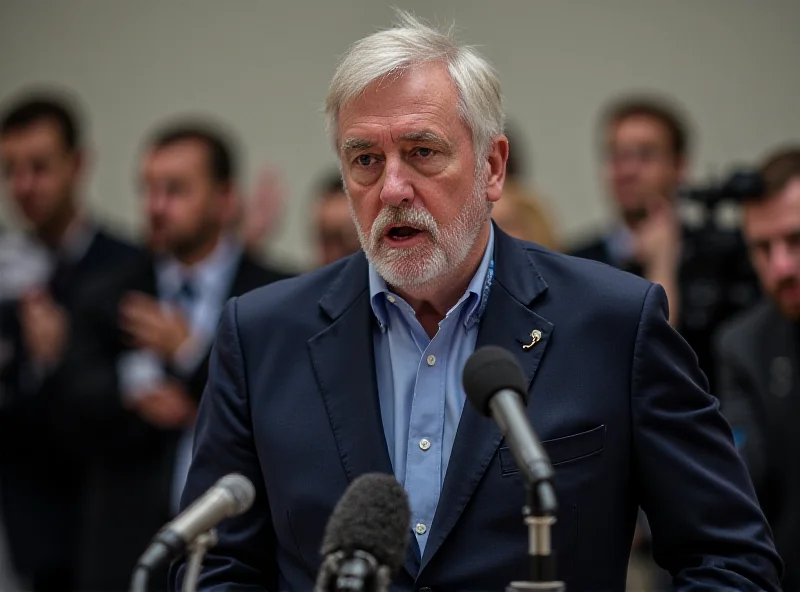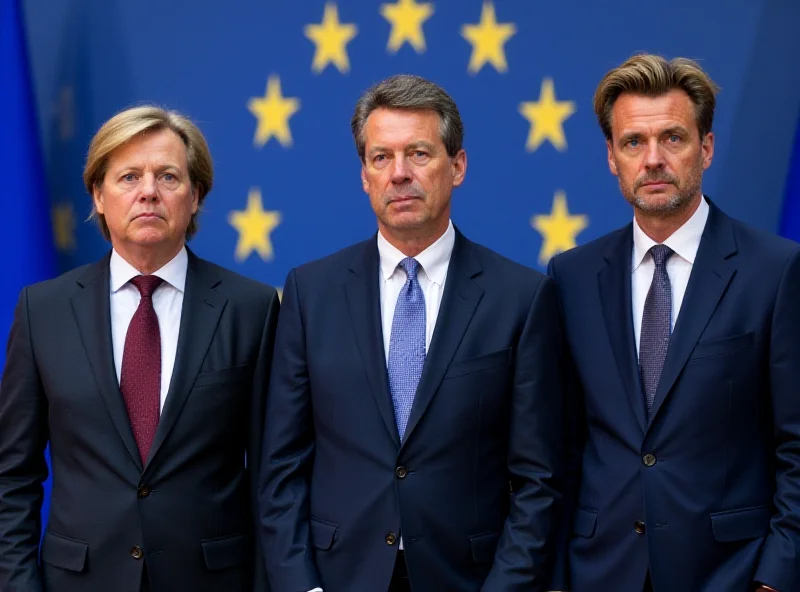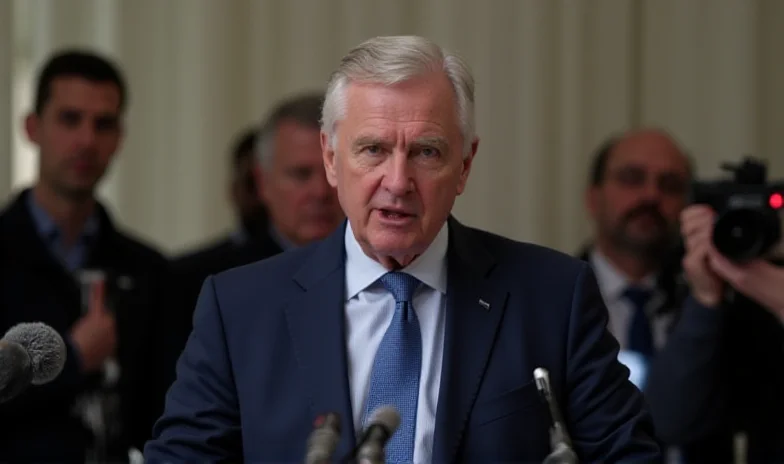Slovak politics is currently facing a barrage of scrutiny on multiple fronts. From concerns about national defense to controversial appointments and differing views on European Union policies, the nation's leadership is under pressure.
Defense Concerns and Allied Support
Former Defense Minister Jaroslav Naď, now chairman of the Democrats party, has voiced serious concerns regarding Slovakia's military readiness. He argues that while the army has improved, it remains critically vulnerable without strong allied support. "Our army, on its own, would have no chance," Naď stated, emphasizing the need for modern equipment like tanks and drones. He even suggested that in the event of an attack, Eastern Slovakia would likely be occupied, even with allied assistance, at least temporarily.

Naď also criticized Prime Minister Fico's understanding of the "nuclear umbrella" concept and suggested that Fico believes peace or a ceasefire is primarily in Russia's interest. The question of whether Slovakia should have resisted the 1968 invasion was also raised, highlighting ongoing debates about the nation's historical defense strategies.
Controversial Appointments and Political Fallout
Adding to the political turbulence, the appointment of Rudolf Huliak to an executive role has sparked widespread criticism. Political commentator Natália Nash described the appointment as "another low point in Slovak politics," arguing that it is "undeserved by sport, this is undeserved by Slovakia." This appointment has been seen as a sign of failing intimidation tactics previously employed by figures like Andrej Danko.

Online Threats and Social Media Responsibility
In a separate incident, the Trnava police are investigating a 12-year-old boy for making threats on social media. This case has prompted the police to issue warnings about the risks of reckless online comments, highlighting the need for responsible online behavior, especially among young people.
Divergent Views on EU Policy
The European Union's approach to security is also causing friction. During a recent EU summit in Brussels, Polish Prime Minister Donald Tusk used strong language to emphasize the urgency of rearmament and nuclear deterrence. However, leaders like Orbán and Fico have reportedly diverged from this consensus, indicating a split in opinion within the EU regarding defense strategy.

These various issues paint a picture of a nation grappling with complex challenges, both domestically and internationally. The coming months will likely be crucial in determining the direction Slovakia takes on these critical matters.
